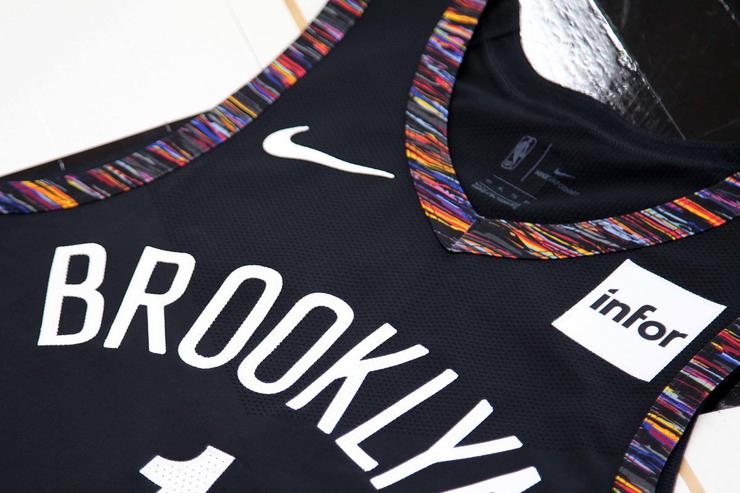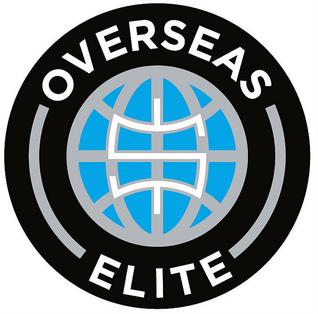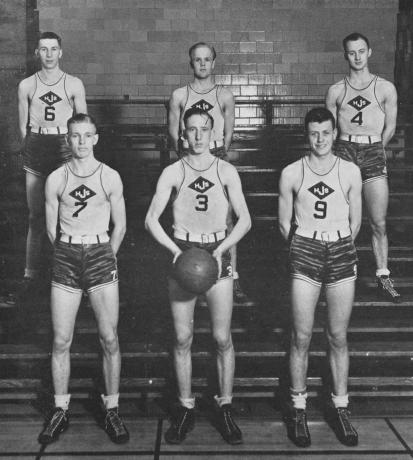Basketball is the world's greatest sport and the National Basketball Association provides the marquee platform and competition for the world's best basketball players. Being an NBA-level player is incredibly difficult and rare. There are about 450 people in the world at any given time who can call themselves active NBA players.
And so it is that the competition among the 30 NBA teams for this batch of rare talents is fierce. Since there can be only five players on the basketball court at any one time, (and ofter, in important playoff games teams may only use on 7 or 8 players total in a game - side note, that is where the phrase '8 Man Rotation' is derived), identifying, attracting, and signing the very best NBA talent possible for your team is absolutely essential to have any chance at success. I can't really think of another business, (maybe the movie business), where talent acquisition and talent management is more important than in the NBA.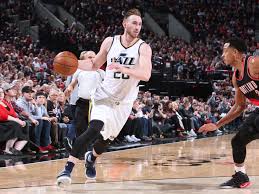
In case you don't know, the NBA's annual 'Free agent season' started on July 1. This kicks off the period of time following the end of the season when players whose contracts have expired are free to negotiate with all teams for a new deal. There's tons of process/rules/labor agreement minutiae too, but none of that matters to this post. All we care about is the talent/team/agent/press/media dance that culminates in many of the NBA's stars signing new contracts.
And lucky for us HR/sports nerds - much of the talent marketplace dynamics in the NBA play out in public with hundreds of basketball blogs, thousands of NBA geeks obsessively refreshing their Twitter feeds, and NBAtv spending literally hours upon hours discussion individual player moves. And really lucky for us, is that many of these NBA player/team contracts offer up valuable lessons and reminders for our own HR and Talent Management work - particularly when we are dealing with hard to find talent that are in high demand.
Ok, enough preamble. Here are five of the more interesting NBA feee agent signings so far this year, and what we can take from them.
1. Gordon Hayward to the Boston Celtics - 4 years / $127M
Why interesting? Hayward, an emerging star and the face of the franchise for an up and coming Utah Jazz team, leaves the only team he knows (and a bunch of guaranteed $$ on the table due to the NBA's labor rules that allow current teams to offer higher compensation to retain a player than new teams can offer them to switch), to join the Celtics, shocking many Utah fans.
HR/Talent angle: After stripping away team competitiveness, compensation, and potential, (kind of a toss up between Utah and Boston), Hayward elected to sign with Boston largely because the Celtics' coach Brad Stevens was Hayward's coach back in college at Butler University. The two formed a tight bond a decade ago that has lasted to this day. The HR lesson here? Make sure you know and leverage the relationships between people in your organization and the hot candidates you are trying to lure away from the competition. In this case, that one relationship likely swung the near-term futures of two franchises.
2. Kevin Durant resigned with the Golden State Warriors - 2 years / $53M
Why interesting? Durant, arguably the best player in the league and playing for the best team, signed a significantly smaller and below market deal than he could have demanded, (and received). Why? He wanted to allow the team more flexibility and salary cap space to try and retain as many of his Warriors teammates as possible, in order to strengthen their title defense chances next season.
HR/Talent angle: I know we are talking about multi-millionaires here, but even for them, not everyone is completely motivated by money. Durant is so happy to be playing on the best team, in a fun location, and in a winning culture that those things possess value, at least to him, beyond just the $$. If you can get a lot of the 'not money' things right in the organization, you may be able to have a chance at competing for talent against your better-funded rivals.
3. Steph Curry resigned with the Golden State Warriors - 5 years / $201M
Why interesting? Remember the bit above about Durant accepting a below market contract for the good of the overall team? Well, two-time league MVP and champion Curry has been playing on a significantly below market deal based on his performance for the last several year. This was driven in large part by Curry's early career injury problems that for a time cast some doubt on his long-term potential. But since then, he has emerged as the leader of the Warriors, and probably no worse than the 3rd best player in the league overall. This new deal, for the maximum money allowed, will serve to 'make good' on his out performance of his last contract.
HR/Talent angle: Really excellent talent might be able to be persuaded to work for less than market rates for a time, if the other things your company can offer them are attractive enough. But they won't/can't do that forever. At some point super-talented people need to be paid fairly, maybe even a little bit better than fairly, in order to 'make good' to them as well. All the company culture in the world won't pay someone's rent, and we should all keep that in mind.
4. Joe Ingles resigned with the Utah Jazz - 4 years / $52m
Why interesting? You might not have heard of Joe Ingles, but he has quietly emerged after a late start to his NBA career as an extremely versatile and productive player for a developing Utah Jazz team. He's also friendly with (now former), Jazz star Gordon Hayward, (see above), and by signing Ingles early, (and paying him really well), the Jazz hoped that would be another chip they could leverage in their efforts to retain Hayward.
HR/Talent angle: As we know now, the Jazz management couldn't convince Hayward to stay, so let's hope for their sakes (and jobs), that the $52M investment in Ingles works out. There is always a lot of chatter and talk about the importance of having friends at work, but I wonder if this example makes us pause a little bit on that, at least in terms of elite talent. I am not sure the very best performers at any line of work get all that worked up about having friends at the workplace. The best talent makes its own friends, if you get my meaning. If you do, you are smarter than me.
5. Jeff Teague to the Minnesota Timberwolves - 3 years / $57M
Why interesting? This move, signing a veteran point guard in Teague, combined with a prior trade for All-star Jimmy Butler is sending a signal to the league that the Timberwolves want to compete for playoff places and championships now, and not in 5 years. Last year the team failed to live up to its pre-season hype, and part of the reason is that its primary star players (Towns and Wiggins) are so young and inexperienced. Bringing vets like Butler and Teague signals a different, 'win-now' approach.
HR/Talent angle: This is kind of the NBA version of the startup company that needs to bring in some pro managers to help run things arc. The young talent or founders have all the great ideas, can generate a ton of excitement and buzz, maybe can secure the first couple of funding rounds, but when things start to get a little dicey, (and they almost always do), the inexperience of the leaders starts to hurt. It's important for HR leaders to take that kind of measure of leadership groups, particularly in new companies, and think hard about when, where, and how to get more experienced voices at the table before things go sideways. See Uber in case you want to read up.
There will be more to come from NBA free agency in the next couple of weeks. Even though I am really depressed that their are no more 'real' NBA games on for a bit, I am looking forward to heading out to Las Vegas in a week or so for the annual 8 Man Rotation trip to catch some live NBA Summer League action.
The NBA - there's nothing like it, and for HR/Talent pros, there's plenty we can learn from it too.
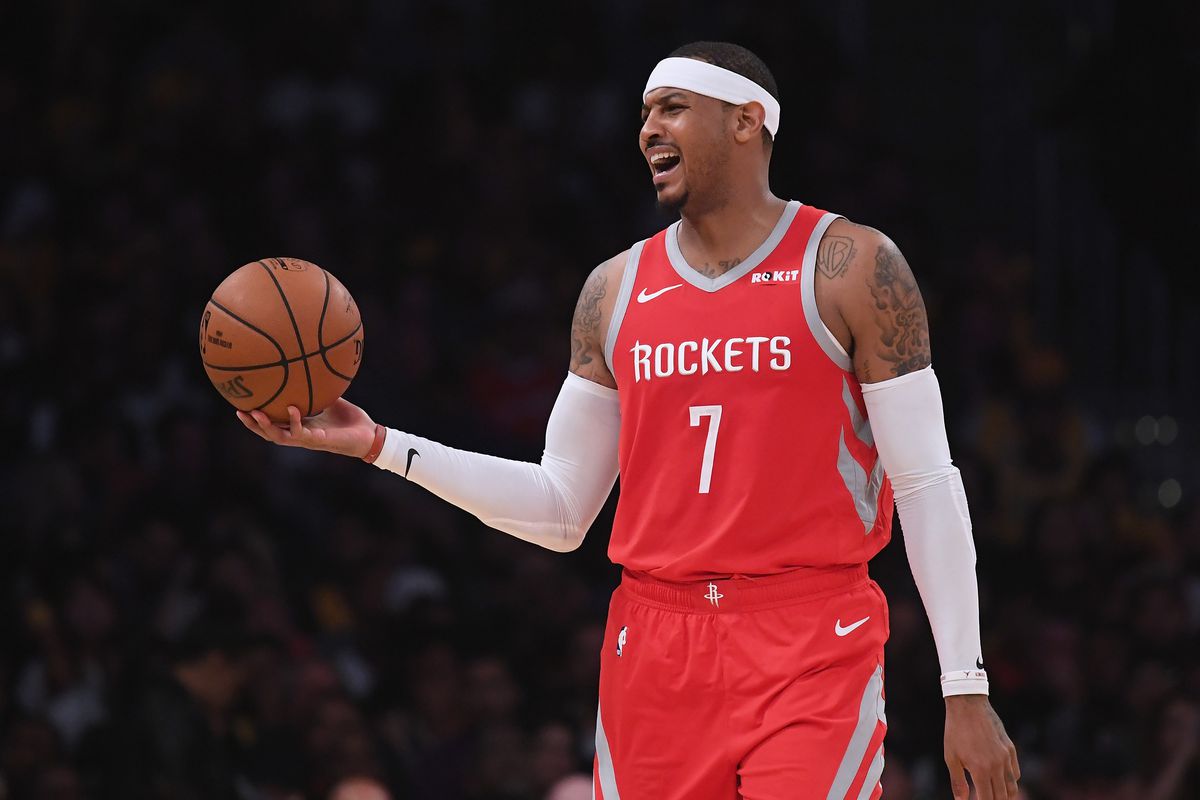
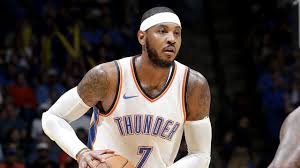
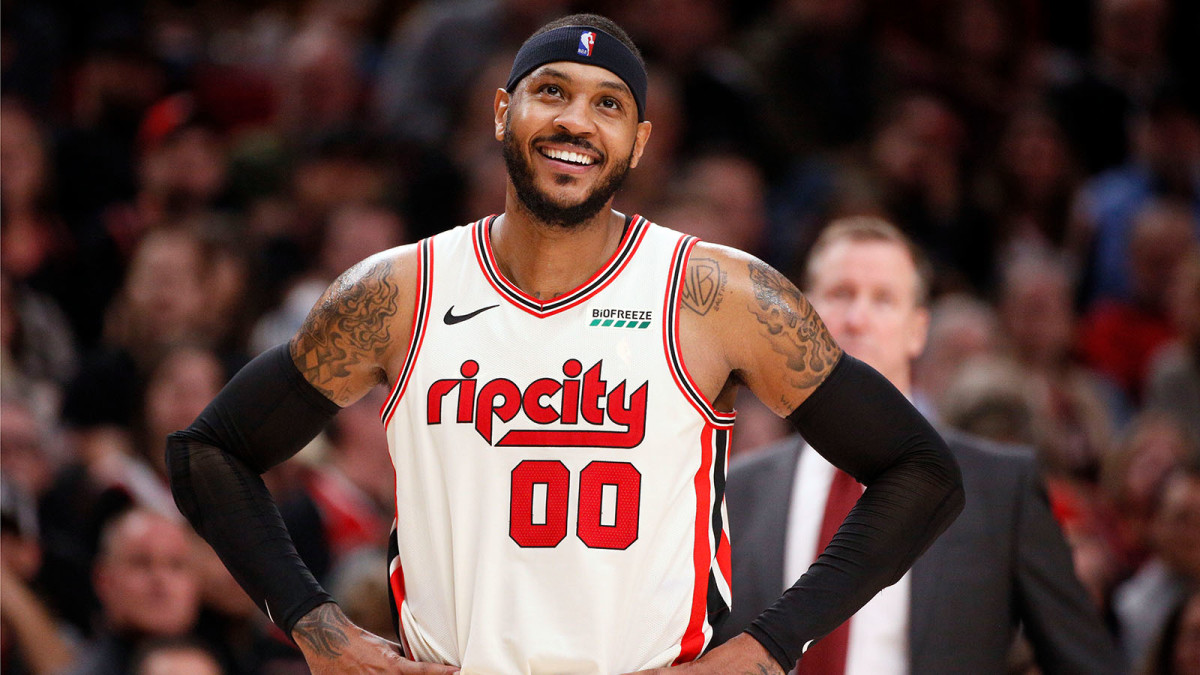
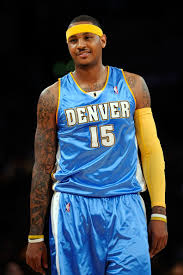
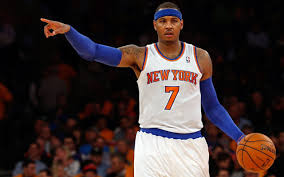
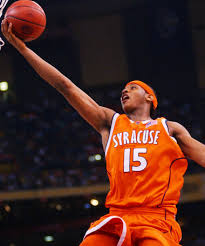
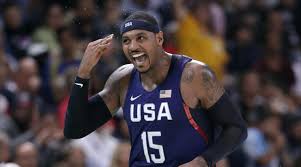
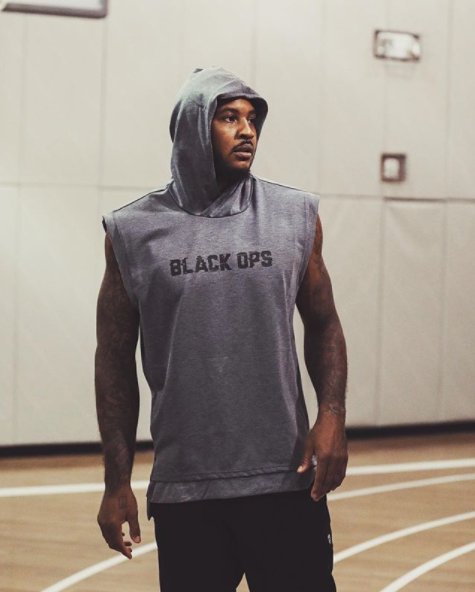

 Steve
Steve
